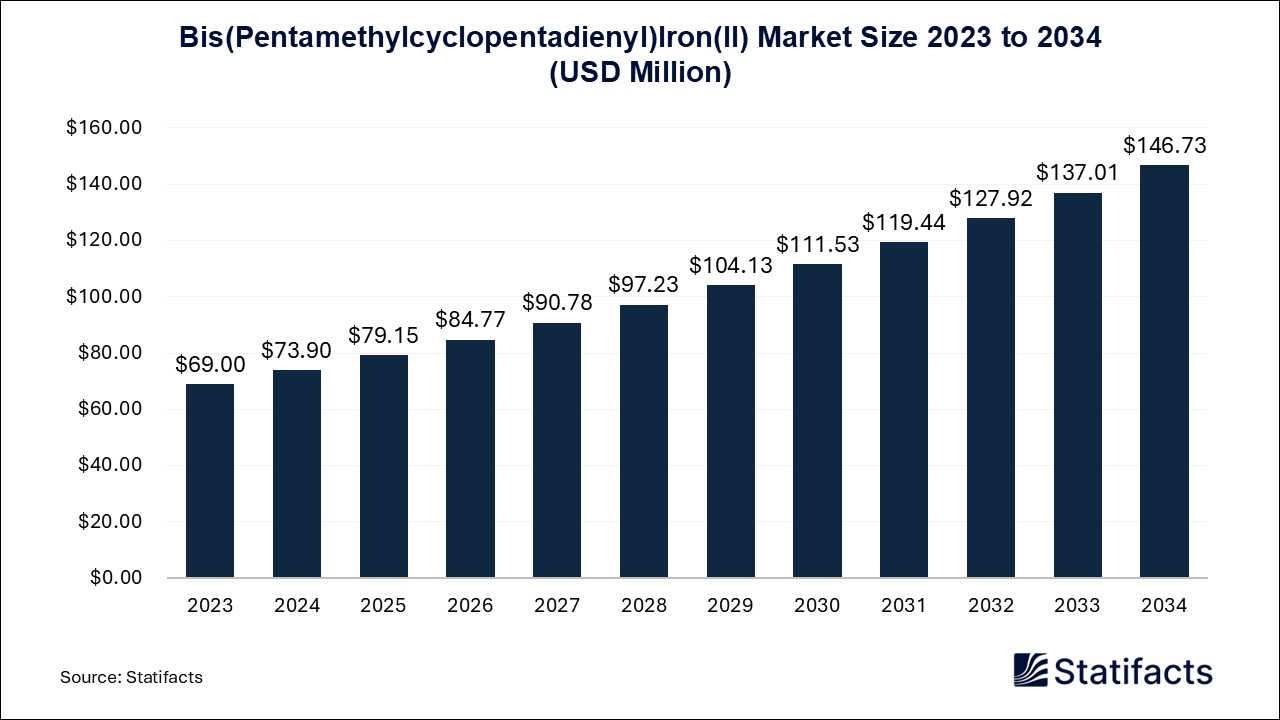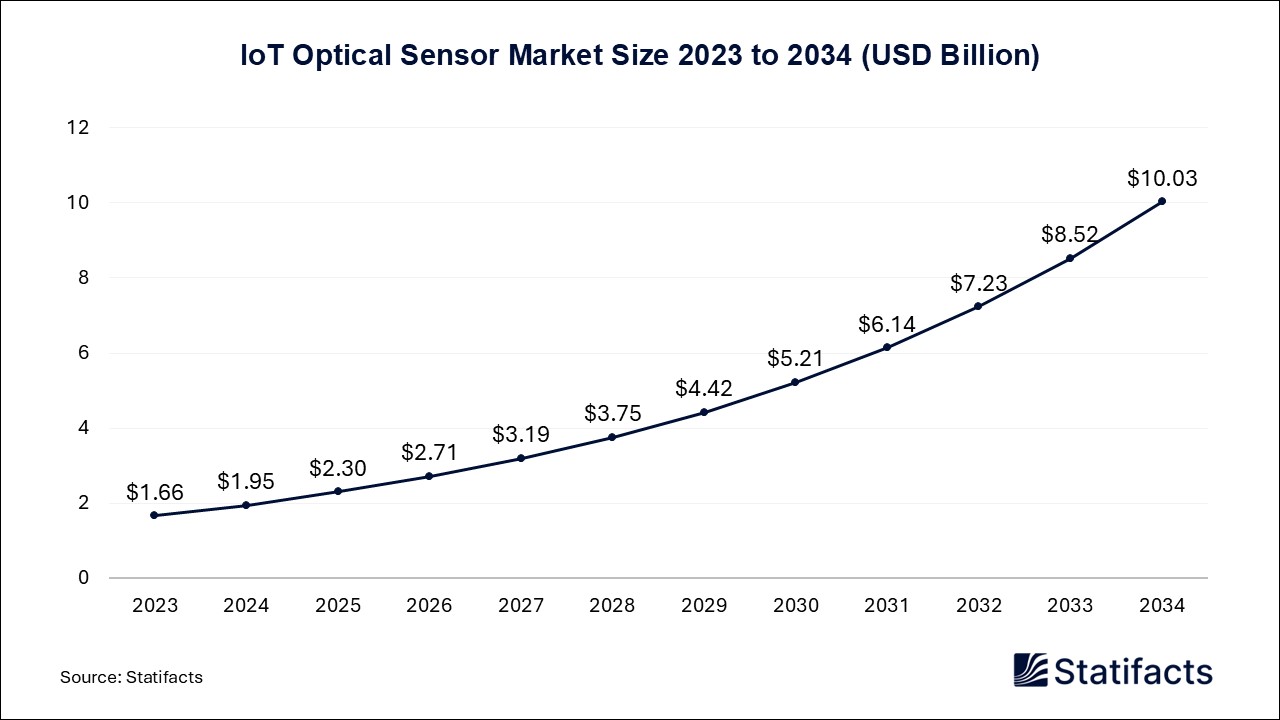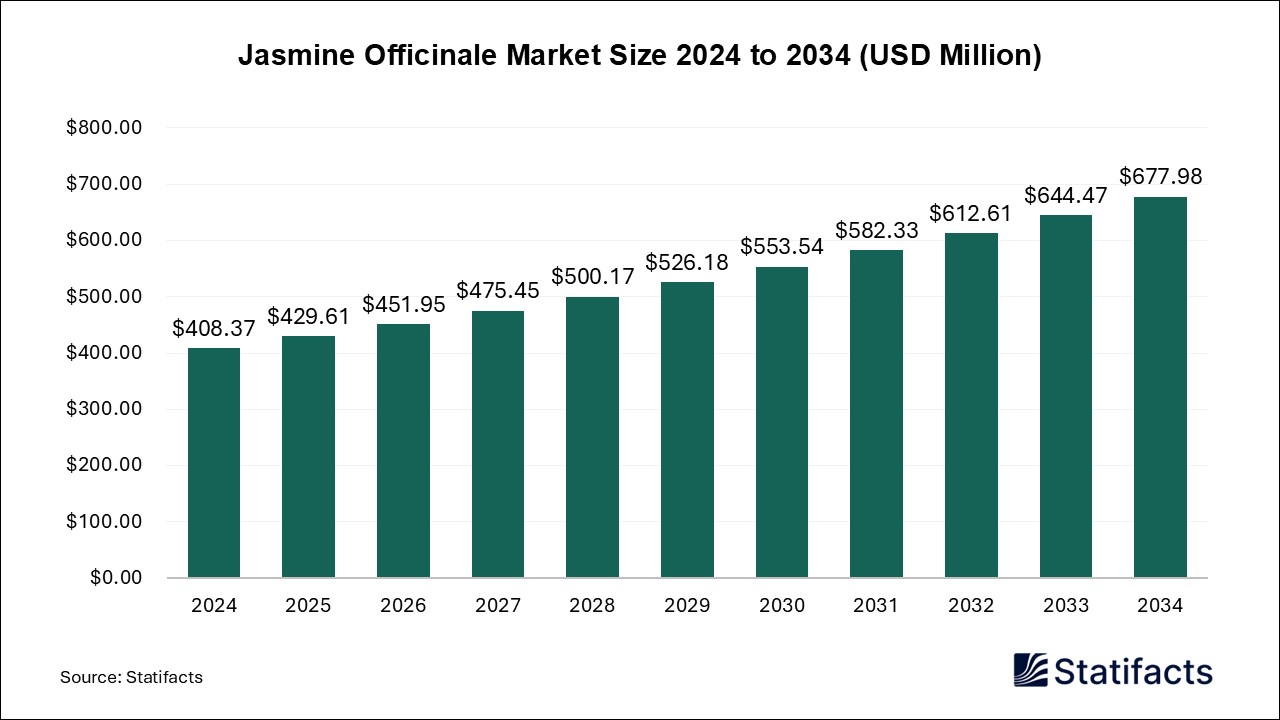

Our customers work more efficiently and benefit from
The global healthcare cloud computing market size accounted for USD 70.56 billion in 2024 and is predicted to touch around USD 243.79 billion by 2034, growing at a CAGR of 13.2% from 2025 to 2034.
| Industry Worth | Details |
| Market Size in 2025 | USD 79.87 Billion |
| Market Size by 2034 | USD 243.79 Billion |
| Market Growth Rate from 2025 to 2034 | CAGR of 13.2% |
The healthcare cloud computing market refers to the production, distribution, and application of healthcare cloud computing which allows healthcare providers to access comprehensive patient data in real-time, allowing personalized interactions. This customized approach allows healthcare providers to attend to patient concerns more effectively, leading to better patient outcomes and overall engagement. Cloud computing in healthcare has many unique benefits, including making sharing of medical records safer and easier.
The cloud can also be used to automate backend operations, even facilitating the creation and upkeep of telehealth apps. Using the cloud improves the efficiency of the healthcare industry with decreasing costs. In the healthcare industry, cloud computing is a very popular technology that allows the implementation of remote servers accessible through the Internet. Cloud computing in healthcare refers to using remote servers hosted on the Internet to store, manage, and process healthcare data and applications.
The healthcare cloud computing benefits include reducing the risk of data loss, reducing network equipment and staff costs, increasing patient data accessibility, automating data processing and scalability, and accelerating clinical analyses and care processes. The benefits of cloud computing also include improving both reliability and flexibility, which contributes to overall performance and efficiency, ultimately lowering IT costs. It also enhances advancement, enabling organizations to achieve faster time to market and incorporate AI and ML use cases into their strategies.
The growing volume of complex data and patient records in healthcare is driving the growth of the healthcare cloud computing market. Cloud computing offers significant benefits for complex data and patient records, like improved data accessibility from anywhere, advanced analytics tools, distributed computing capabilities for parallel processing, flexible processing power to analyze intricate datasets, and scalability to handle large data volumes. Cloud computing-based patient records in healthcare help make health information available, reducing delays in treatment, reducing duplication of tests, and keeping patients well informed to make better decisions.
It also reduces the incidence of medical errors by enhancing the accuracy and clarity of medical records. Implementing cloud computing in health records helps to provide the right information at the right time and right place needed. Cloud-based electronic health records (EHR) can help lower the risk of human errors, enhance overall efficiency, and allow caregivers to focus more on providing quality care to their patients. It provides many benefits when it comes to patient engagement. Patients gain easier access to their own medical records and test results through secure online portals, allowing them to stay informed and actively participate in their care.
Rising government initiatives that support data safety and integrity are driving the growth of the healthcare cloud computing market. Rising government initiatives help faster access to relevant data, increased regulatory compliance, increased collaboration, improved data quality, and improved quality of data analytics and insights. Data governance policy helps organizations comply with data privacy regulations by establishing clear guidelines for data handling, access control, and accountability.
It ensures that the data is managed in a way that protects individual privacy rights. Data governance programs assist organizations by managing and protecting large amounts of data by enhancing data quality, leading to a reduction in the need for data silos, enforcement of security policies, and regulation of access to data distribution appropriately. Regular audits and data validation processes can further enhance data integrity by identifying and correcting errors or discrepancies early on. A data governance policy helps organizations by allowing clear guidance for data handling, access control, and accountability.
According to a report published by Tateeda in February 2024, Cloud computing technology in healthcare has been highly adopted and is becoming highly essential for healthcare organizations. In general, about 90% of all organizations use some form of cloud computing or a combination of many options (original marketing data research belongs to O’Reilly). In healthcare, about 40% of respondents employ private cloud, 61% of respondents use public cloud, 27% prefer hybrid cloud, and 19% opt for multi-cloud computing applications in the medical field.
Published by Sanket Gokhale , March 2025
For any questions about this dataset or to discuss customization options, please write to us at sales@statifacts.com
| Stats ID: | 8085 |
| Format: | Databook |
| Published: | March 2025 |
| Delivery: | Immediate |
| Price | US$ 1550 |





| Stats ID: | 8085 |
| Format: | Databook |
| Published: | March 2025 |
| Delivery: | Immediate |
| Price | US$ 1550 |
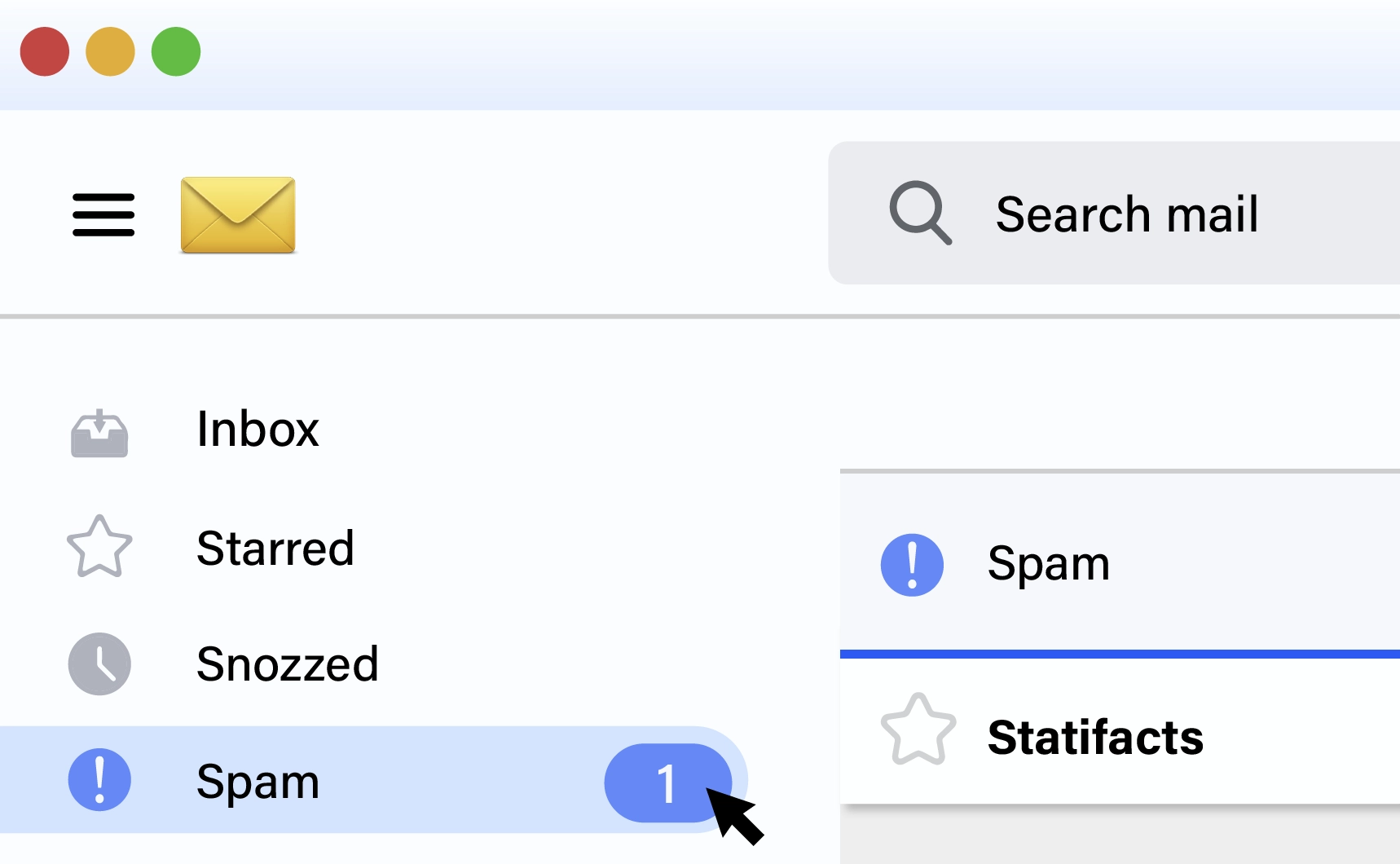
You will receive an email from our Business Development Manager. Please be sure to check your SPAM/JUNK folder too.
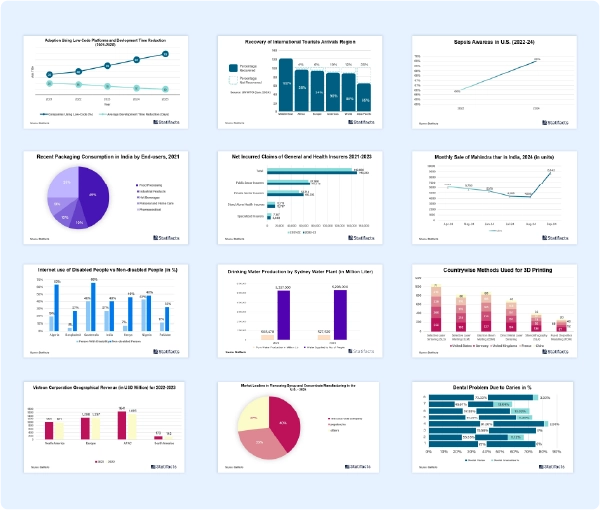
Unlock unlimited access to all exclusive market research reports, empowering your business.
Get industry insights at the most affordable plan
Stay ahead of the competition with comprehensive, actionable intelligence at your fingertips!
Learn More Download
Download